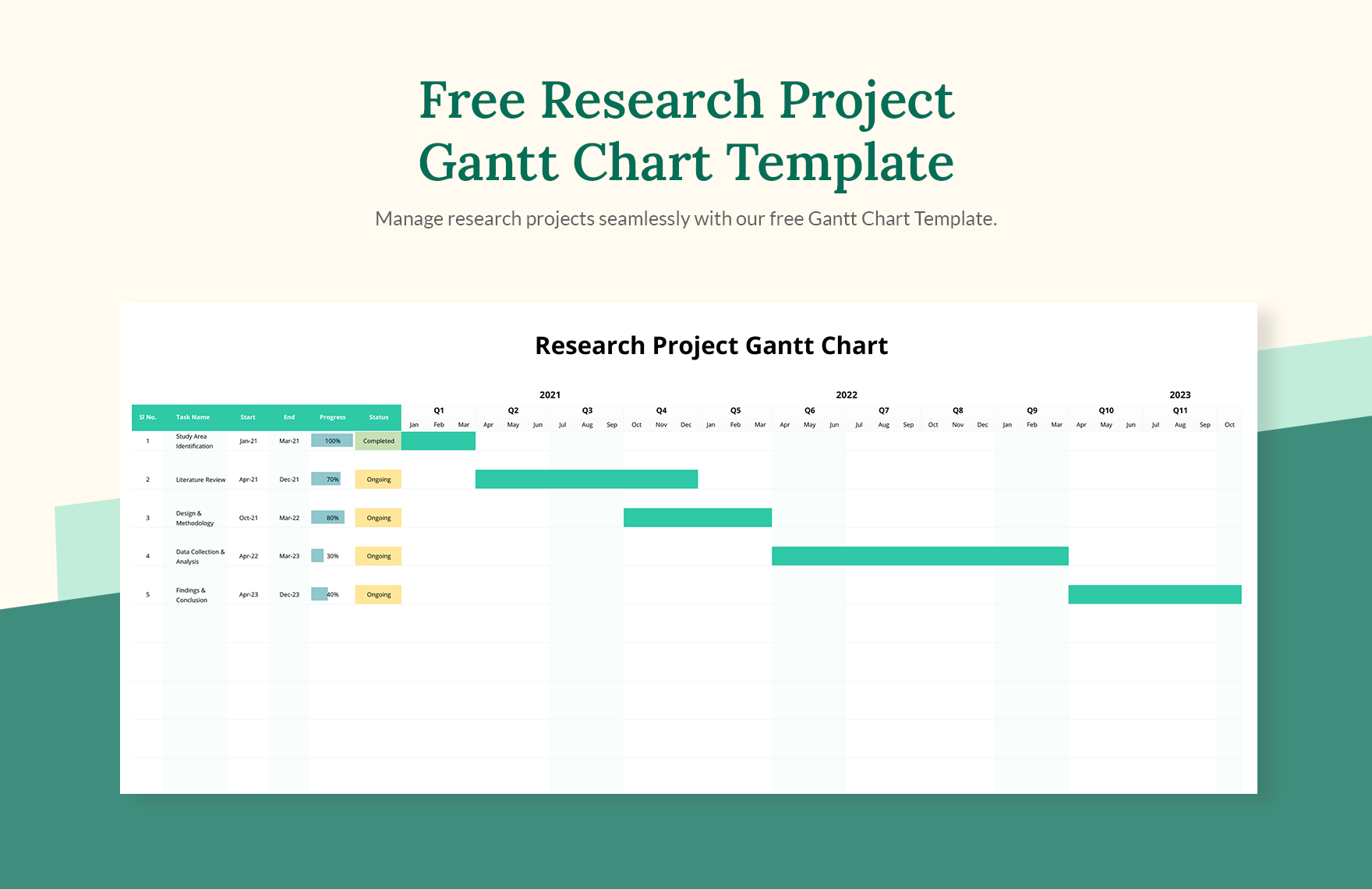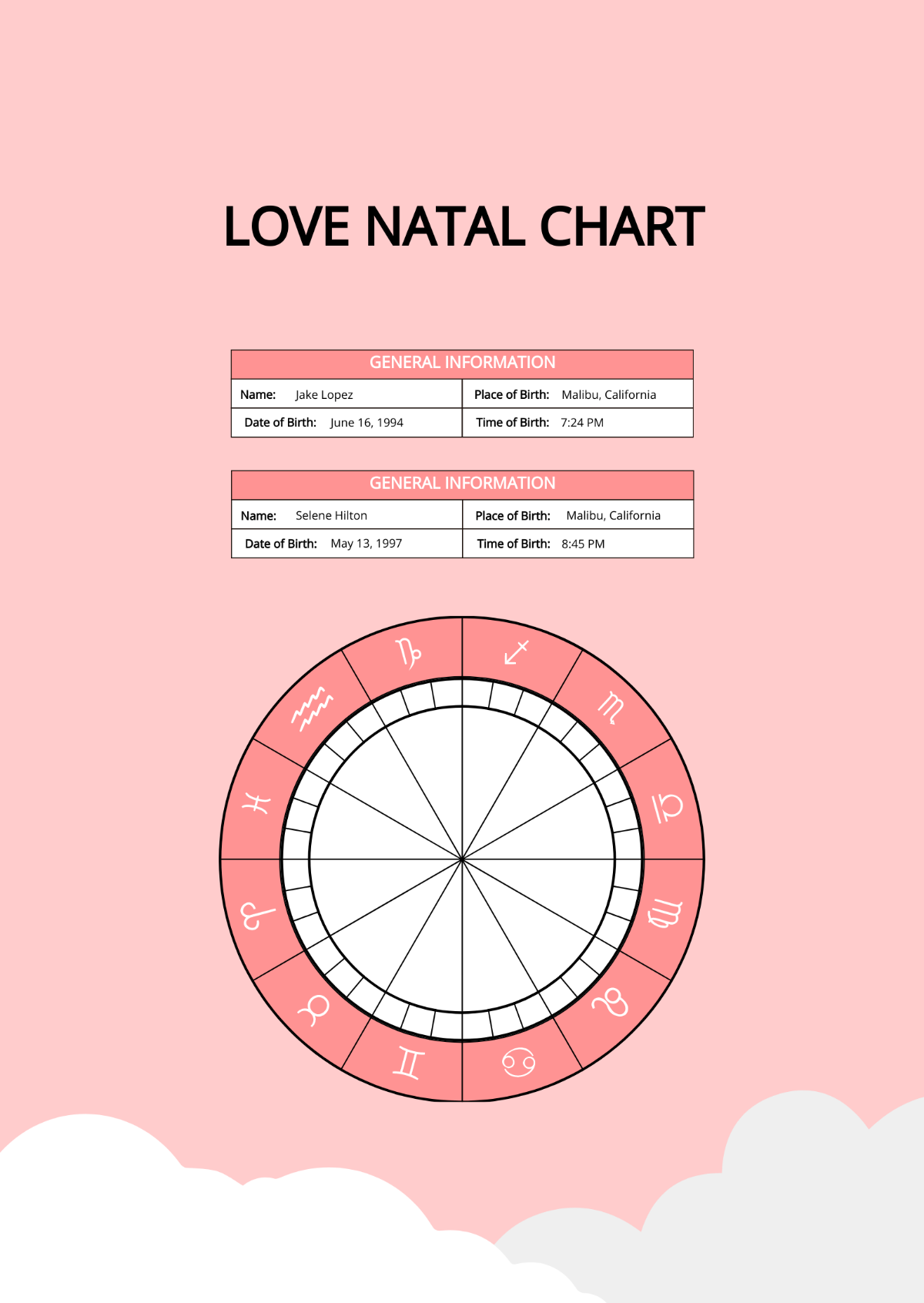RemoteIoT Display Chart Template: Your Ultimate Guide To Data Visualization
In today's digital era, remote IoT display chart templates have become essential tools for businesses and individuals seeking to monitor and analyze data effectively. These templates simplify the process of visualizing complex datasets, enabling users to make data-driven decisions with ease. Whether you're managing industrial IoT systems or tracking personal health metrics, remote IoT display chart templates provide the flexibility and scalability required to meet diverse needs.
As the Internet of Things (IoT) continues to expand, the demand for efficient data visualization solutions has never been higher. Remote IoT display chart templates empower users to create customizable dashboards and charts without requiring advanced programming skills. This makes them ideal for both technical and non-technical users who want to harness the power of IoT data.
With the growing importance of remote work and distributed systems, having a reliable remote IoT display chart template is crucial. These tools ensure that data can be accessed and analyzed from anywhere in the world, providing real-time insights that drive productivity and innovation. In this comprehensive guide, we will explore everything you need to know about remote IoT display chart templates, including their features, benefits, and best practices for implementation.
Read also:Haley Joel Osment The Journey Of A Child Star To A Respected Actor
Table of Contents
- Introduction to RemoteIoT Display Chart Templates
- Why RemoteIoT Display Chart Templates Matter
- Key Features of RemoteIoT Display Chart Templates
- Types of RemoteIoT Display Chart Templates
- Benefits of Using RemoteIoT Display Chart Templates
- Customizing RemoteIoT Display Chart Templates
- Top Tools for Creating RemoteIoT Display Charts
- How to Implement RemoteIoT Display Chart Templates
- Best Practices for Using RemoteIoT Display Chart Templates
- The Future of RemoteIoT Display Chart Templates
Introduction to RemoteIoT Display Chart Templates
RemoteIoT display chart templates are pre-designed frameworks that allow users to visualize IoT data remotely. These templates are designed to simplify the process of creating interactive charts and dashboards, making it easier for users to interpret and analyze data. By leveraging remote IoT display chart templates, businesses can gain valuable insights into their operations, customer behavior, and market trends.
One of the key advantages of remote IoT display chart templates is their ability to integrate seamlessly with various IoT platforms and devices. This ensures that data can be collected, processed, and displayed in real-time, regardless of the user's location. As a result, remote IoT display chart templates have become indispensable tools for industries such as manufacturing, healthcare, and transportation.
What Makes RemoteIoT Display Chart Templates Unique?
RemoteIoT display chart templates stand out due to their flexibility and adaptability. Unlike traditional charting solutions, these templates are specifically designed to handle the complexities of IoT data. They offer features such as real-time updates, multi-device compatibility, and customizable visualizations, ensuring that users can tailor their dashboards to meet their specific needs.
Why RemoteIoT Display Chart Templates Matter
In an increasingly connected world, the ability to monitor and analyze IoT data remotely is critical. RemoteIoT display chart templates address this need by providing users with the tools they need to access and interpret data from anywhere in the world. This capability is particularly important for businesses with distributed operations or teams working in different locations.
Moreover, remote IoT display chart templates help organizations reduce costs associated with on-site data analysis. By enabling remote access to data, these templates eliminate the need for physical presence at data collection points, streamlining operations and improving efficiency.
Key Benefits of RemoteIoT Display Chart Templates
- Real-time data visualization
- Remote access to IoT data
- Scalability for large datasets
- Customizable chart options
- Integration with IoT platforms
Key Features of RemoteIoT Display Chart Templates
RemoteIoT display chart templates come equipped with a range of features designed to enhance data visualization and analysis. Some of the most important features include:
Read also:Exploring The Mysteries Of Tusk 2 A Comprehensive Guide
Real-Time Updates
One of the standout features of remote IoT display chart templates is their ability to provide real-time updates. This ensures that users always have access to the latest data, enabling them to make informed decisions quickly.
Customizable Dashboards
Users can customize their dashboards to display only the data that matters to them. This feature allows for greater focus and reduces clutter, making it easier to identify trends and anomalies.
Multi-Device Compatibility
RemoteIoT display chart templates are designed to work across a variety of devices, including desktops, tablets, and smartphones. This ensures that users can access their data from any device, at any time.
Types of RemoteIoT Display Chart Templates
There are several types of remote IoT display chart templates available, each suited to different use cases and industries. Some of the most common types include:
Line Charts
Line charts are ideal for visualizing trends over time. They are commonly used in applications such as weather monitoring, stock market analysis, and energy consumption tracking.
Bar Charts
Bar charts are useful for comparing data across different categories. They are often used in industries such as retail, marketing, and finance to analyze sales performance and customer behavior.
Pie Charts
Pie charts are effective for displaying proportions and percentages. They are commonly used in applications such as budgeting, resource allocation, and market share analysis.
Benefits of Using RemoteIoT Display Chart Templates
Using remote IoT display chart templates offers numerous benefits, including:
Improved Decision-Making
By providing clear and concise visualizations of IoT data, remote IoT display chart templates help users make better-informed decisions. This leads to improved operational efficiency and increased profitability.
Enhanced Collaboration
RemoteIoT display chart templates enable teams to collaborate more effectively by providing a centralized platform for data visualization. This fosters better communication and coordination among team members.
Cost Savings
By eliminating the need for physical presence at data collection points, remote IoT display chart templates help organizations reduce costs associated with travel and on-site monitoring.
Customizing RemoteIoT Display Chart Templates
Customization is a key aspect of remote IoT display chart templates, allowing users to tailor their dashboards to meet their specific needs. Some of the customization options available include:
Color Schemes
Users can choose from a variety of color schemes to ensure that their charts are visually appealing and easy to read. This is particularly important for presentations and reports where aesthetics matter.
Chart Types
RemoteIoT display chart templates offer a range of chart types, enabling users to select the one that best suits their data. This flexibility ensures that users can create charts that accurately represent their data.
Data Filters
Data filters allow users to focus on specific subsets of data, making it easier to identify trends and patterns. This feature is particularly useful for large datasets where identifying relevant information can be challenging.
Top Tools for Creating RemoteIoT Display Charts
There are several tools available for creating remote IoT display charts, each with its own strengths and weaknesses. Some of the most popular tools include:
Google Charts
Google Charts is a free and easy-to-use tool for creating interactive charts and dashboards. It offers a wide range of chart types and customization options, making it suitable for both beginners and advanced users.
Tableau
Tableau is a powerful data visualization tool that allows users to create complex dashboards and charts with ease. It offers advanced features such as real-time updates and multi-device compatibility, making it ideal for enterprise-level applications.
Microsoft Power BI
Microsoft Power BI is a comprehensive business analytics tool that enables users to create interactive dashboards and reports. It offers seamless integration with other Microsoft products, making it a popular choice for organizations already using the Microsoft ecosystem.
How to Implement RemoteIoT Display Chart Templates
Implementing remote IoT display chart templates involves several steps, including:
Data Collection
The first step in implementing remote IoT display chart templates is collecting the relevant data. This can be done using IoT sensors, APIs, or other data collection methods.
Data Processing
Once the data has been collected, it needs to be processed and formatted for visualization. This may involve cleaning the data, aggregating it, or transforming it into a suitable format for charting.
Chart Creation
With the data processed and formatted, users can create their charts using the remote IoT display chart template of their choice. This involves selecting the appropriate chart type, customizing the appearance, and adding any necessary annotations or labels.
Best Practices for Using RemoteIoT Display Chart Templates
To get the most out of remote IoT display chart templates, it's important to follow best practices. Some of these include:
Keep It Simple
Avoid cluttering your charts with too much information. Focus on the key metrics and trends that matter most to your audience.
Use Consistent Formatting
Ensure that your charts use consistent formatting throughout. This makes it easier for users to interpret the data and identify patterns.
Test and Iterate
Regularly test your charts and dashboards to ensure they are functioning as intended. Be open to feedback and willing to make changes to improve the user experience.
The Future of RemoteIoT Display Chart Templates
The future of remote IoT display chart templates looks bright, with advancements in technology driving innovation in this field. Some of the trends to watch include:
Artificial Intelligence Integration
AI-powered analytics will enable more advanced data processing and visualization capabilities, allowing users to gain deeper insights from their data.
Augmented Reality Displays
AR displays will provide new ways to interact with data, enabling users to visualize complex datasets in immersive environments.
Increased Automation
Automation will streamline the data collection and processing stages, freeing users to focus on analysis and decision-making.
Conclusion
RemoteIoT display chart templates have revolutionized the way we visualize and analyze IoT data. By providing real-time updates, customizable dashboards, and seamless integration with IoT platforms, these templates empower users to make data-driven decisions with confidence. As technology continues to evolve, the capabilities of remote IoT display chart templates will only improve, offering even greater value to businesses and individuals alike.
We encourage you to explore the options available and find the remote IoT display chart template that best suits your needs. Don't forget to share your thoughts and experiences in the comments below, and consider exploring our other articles for more insights into the world of IoT and data visualization.
Article Recommendations


